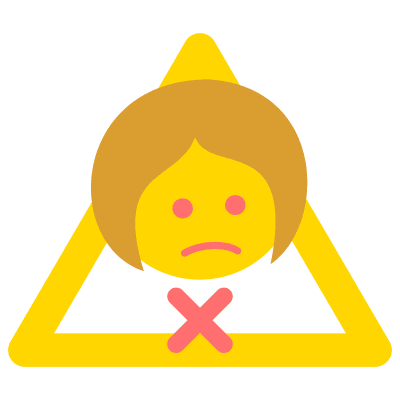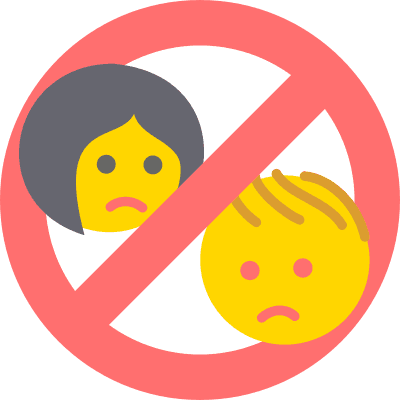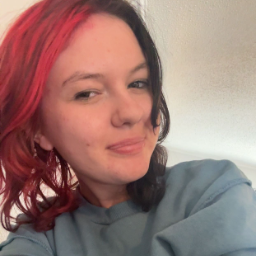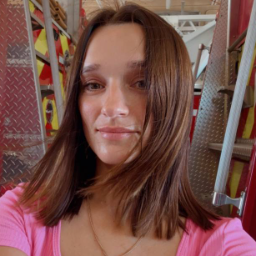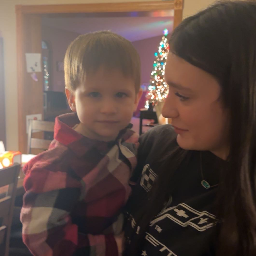Can a Babysitter Take a Child to the Doctor? (How to Grant Permission)
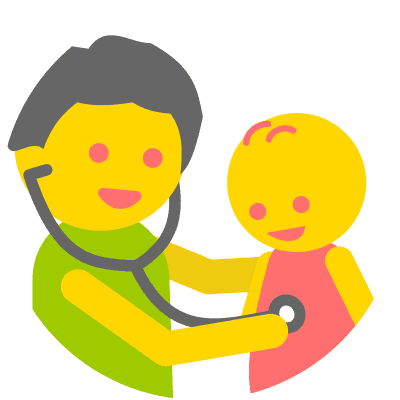

Written & Illustrated by
Matthew James Taylor
Kidsit Founder, General Manager

Medically Reviewed by
Gina Maria Jansheski, MD, FAAP
Board-Certified Pediatrician, Medical Reviewer
Key Takeaways
- A babysitter can take a child to the doctor - but only if the parent has pre-authorised them through proper paperwork or arrangements.
- In emergencies, hospitals are generally permitted to provide care under “implied consent,” even if formal authorization is absent.
- For non-emergency medical care, doctors’ offices often require a signed medical release form, or even a limited power of attorney, to allow a babysitter to act on a child’s behalf.
- Parents should proactively share the child’s medical history, insurance information, and emergency contacts with the babysitter, and inform the doctor’s office ahead of time.
- Communication and clarity are key - before you leave your child in care, make sure the babysitter and medical providers know exactly what permissions have been granted (and for what situations).
Accidents and illness can happen at any time. So if you're unavailable and your child gets injured or sick, what can your babysitter do in your absence?
Can a babysitter take your child to the doctor? You can designate any trusted adult to take your child to the doctor on your behalf. However, you will need to fill out paperwork and speak to your child's doctor in advance to grant permission. Check with your doctor, because their specific requirements can vary from office to office.
This article will discuss what is needed for a babysitter to bring your child to the doctor, why specific paperwork is required, what that paperwork is, and other medical information you should provide for your babysitter.
Can a Babysitter Take Your Child to the Doctor?
Some doctor’s offices just require a phone call from you as a parent to authorize a babysitter, however, most require paperwork to be signed. But what if you're traveling or stuck in an important meeting all day and your babysitter has no way to contact you when your child suddenly falls ill?
That's why it's important to do all the necessary work in advance that will allow your babysitter to take your kid to the doctor, as needed, without any issues.
If you only need someone to watch your child once or twice a month, it might not be worth the trouble setting up your babysitter with authorization. And it can be especially tedious if you use multiple babysitters.
But if you have one full-time babysitter or someone who is watching your child for more than just a few hours per week, it's a good idea to give them the ability just in case they ever need it.
Why Can't Babysitters Just Take Your Kid to the Doctor?
In most places, only parents and guardians are allowed to legally authorize non-emergent medical treatment for children.
Babysitters aren't considered guardians, regardless of whether they're your neighbor, friend, or even your relative.
Doctors’ offices won't provide routine medical treatment for kids who aren't accompanied by a parent or guardian.
You might even have trouble getting assistance at a hospital or urgent care center unless it’s an emergency. I've never heard of a child who needed treatment being turned away from the emergency room because they didn't have a guardian with them. In most places, emergency care can be given with pending parental consent.
But what if it’s not an emergency, and the child you are babysitting has a cough or earache? That's why it's important to get everything set up in advance. Even if your babysitter never needs to use the authorization you give them, it's better to be safe than sorry.
What Kind of Paperwork Do You Need?
Your babysitter will need a medical release form, your medical insurance details, and potentially a limited power of attorney if you need them to be able to make more serious medical decisions for your child.
What is a Temporary Medical Release Form?
This is a temporary, one-time, medical release permission. It very clearly indicates which dates your child will be in the babysitter's care.
You can create this kind of form yourself. Here is an example of the kind of language it should contain:
I, (YOUR FULL NAME), am on vacation and will be out of town from (DATE) to (DATE). During this time, I am leaving my (SON/DAUGHTER), (THEIR FULL NAME and DATE OF BIRTH), with (BABYSITTER’S NAME).
I am reachable at this phone number (YOUR PHONE NUMBER) I authorize (BABYSITTER’S NAME) to make urgent medical decisions for (CHILD’S NAME) on my behalf until I can be reached. Please ask my babysitter for identification before involving them in the treatment of my child.
This letter should be signed by both you and the babysitter, and ideally, it should be notarized to make it more official.
What Is An Ongoing Medical Release Form?
If your babysitter is going to be caring for your child off and on for years, it's not really feasible to be constantly writing up new temporary release forms.
In that situation, you can use an ongoing medical release form.
Again, this is a letter you can write up yourself that gives your babysitter authorization to get medical attention for your child whenever you're absent.
Make sure to be clear that you're only approving the babysitter to authorize urgent pediatric medical attention for your child when a parent or guardian isn't able to be reached.
This form should also be dated and signed by both you and your sitter.
Letting Your Medical Providers Know
Creating a medical release form is only the first step in this process. If you are going to be on vacation or have a long-term babysitter, you should call your doctor’s office to make them aware. Many people will go ahead and bring the signed form to their doctor’s office so they can make a copy and place it on file. You may consider doing this with all of your child’s medical providers.
Medical Insurance Forms
This is especially important in the United States, but even in countries with free healthcare, it's good to provide your babysitter with your child’s medical insurance details.
Your babysitter should have this information so they aren't stuck footing the bill for any visits, medications, or procedures that aren't already covered.
There are a number of ways you can do this. You can simply make a copy of your insurance card that you keep in your wallet, or of your official paperwork. Or you can just include your insurance details as part of your medical release form that we discussed previously. It’s a good idea, probably to provide both.
The information your babysitter and health provider will need is the following:
- The name and phone number of your health insurance company
- Who is covered under your plan
- Your group number
- Your plan ID number
- Your pharmacy name, address, and phone number
- Closest emergency room covered by your plan with phone number and address
These details might be needed at a hospital or urgent care center in addition to the doctor's office.
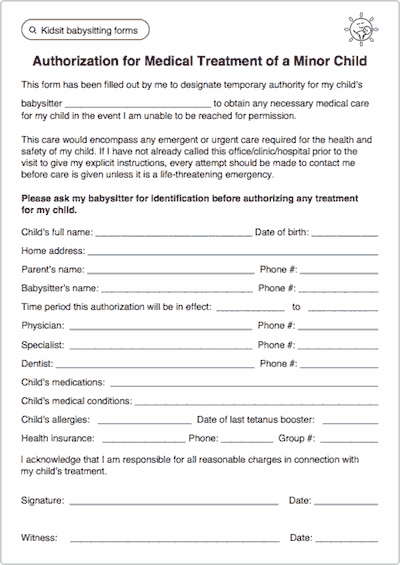
Babysitter Medical Treatment Consent (Form)
To authorize your babysitter to obtain medical treatment for your child, complete this form then contact your clinic / hospital / doctor prior to the visit to give explicit instructions.
(babysitter-medical-treatment-consent-form.pdf 23kb)
Limited Power of Attorney for Consent to Medical Care
Now we get to a more serious document.
Some children with special health care needs may not be capable of understanding and making medical decisions even at the age of majority. In these cases, you will need a healthcare power of attorney to provide you with that authorization on their behalf.
You normally can't just write a power of attorney document by yourself; you'll usually need to get an attorney to help you draft and execute one.
A limited power of attorney gives your babysitter the legal right to make medical decisions for your child while you're away. This gives your babysitter more power when it comes to things like routine procedures, vaccinations, and regular doctor appointments.
What Should You Give Your Babysitter Besides a Medical Form?
In addition to creating a medical release form for your babysitter as outlined above, there is some other pretty critical information that you should provide for them.
A list of medicines your child needs. A discussion on this beforehand, although essential, is not enough. If your child requires prescribed medication, you should have a list for your babysitter that outlines what medications they need, how much to give, and when they need to be taken along with any special instructions (like giving it with meals).
It is also a good idea to add a section where they can mark or initial that they gave the doses (or they can cross off the times). Many people will use a spreadsheet with the medications listed on the left side, and the dates in columns like they do in the hospital.
We have created the following editable form to help you get this set up for your child. It's recommended to keep one of these around at all times, anyway, if your child is on regularly dosed medication.
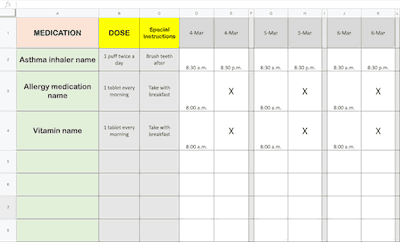
Child Medication Record (Spreadsheet)
To edit this spreadsheet for yourself:
- Click the button below to open our template in Google Sheets.
- In the menu, go to File → Make a copy.
- Save the document to your own Google account.
You can then enter the medications, dosages, and times for your child then print out a copy to leave for your babysitter.
Where to find extra medical supplies or medicine. This is important if they're hard to find or unusual. For example, if your child is diabetic, they might need supplies like blood testing strips. If your babysitter runs out, they might not know that they can go and get them at any pharmacy. But it is strongly recommended to check on your supply to make sure there is enough of every medication or medical supply before ever leaving the house. Your babysitter really shouldn’t have to be dealing with that for routine meds.
The name, phone number, and address of your child's primary care physician. If something does happen, your babysitter will need to know how to get in contact with the right doctor and where to go. You might also want to include the phone number for your child's dentist and any specialists they see.
If it's important that your babysitter can take your kids to the doctor, then make sure you discuss this during the interview process to ensure your sitter is comfortable with this responsibility.
Important Reasons Why Parents Should Take Kids to the Doctor When Possible
Most pediatric medical providers would like to see your child for a full physical once a year. Doctors describe this as a very important visit because it is one of the few occasions they will see your child when they are well.
The annual exam is significant for many reasons.
Generally, your child is weighed, and their height measured to determine if their growth is appropriate. They will have hearing or vision testing, a developmental evaluation, a thorough physical examination (instead of the quick one they get when they have a cough or sore throat), vaccinations, sometimes lab tests, and a full review of everything in their lives that impacts their health. That will include things such as diet, sleep, digestion, allergies, medications, any chronic medical conditions like asthma, puberty concerns, school and peer issues, exercise, discipline, and many more. The parent will provide the necessary information about how their child is functioning in all of these areas and actually receive the doctor's personalized advice.
In the U.S., doctors are given an agenda of points to speak to parents about that are critical to the age of the child. These items are called "anticipatory guidance." This yearly exam is likely the only type of appointment where your child's doctor will have the time to get into any of this. And it's valuable information for any parent.
This is also an opportunity for you to ask all of those questions about things, you know, the ones that come to mind once and a while, and you make a mental note to ask the doctor but never have a chance to when your child is sick because there just isn’t time.
Taking all of this into consideration, it is clear that the potential impact of this comprehensive evaluation on your child's health and well-being (and yours) cannot be overstated.
These days many parents have difficult schedules, with working full-time or other responsibilities, that make it seem pretty convenient to have the babysitter take the child to their annual appointment. This is to be discouraged.
Even if the sitter is with the child every day, many of these items are directed toward and for the benefit of the child's parents. Also, the information the doctor needs about their young patient (even teenagers, yes, they aren't always forthcoming about medical issues) is much more readily given by the parent.
Related Questions
Do daycares or schools require me to provide a medical release form?
These institutions typically provide their own medical release forms that you would have signed as part of the enrollment paperwork for your child.
Do babysitters need a release form to take a child to the dentist or optometrist too?
Yes. Other types of doctors will similarly require a form saying you give your babysitter permission or consent to seek treatment for your kid. Your standard medical release form should be good enough, but you might want to call and see if they need their own designated form to be filled out.
How old does a child need to be to make their own medical decisions?
In most U.S. states, a parent or legal guardian needs to give consent up to age 18 (the age of majority) before treatment can be given to minors. However, there are some caveats to this related to obstetric and gynecological care for girls, the treatment of STDs, and for children with special healthcare needs.
In Australia, how old a child must be to give their own consent varies by state and territory. For example, it can be as young as 14 in New South Wales, and it is 16 in South Australia.
In Canada and the UK, minors are able to make their own medical decisions once they're considered competent enough to understand and make their own informed decision. Generally, this criterion is judged by the treating doctor or healthcare provider.


